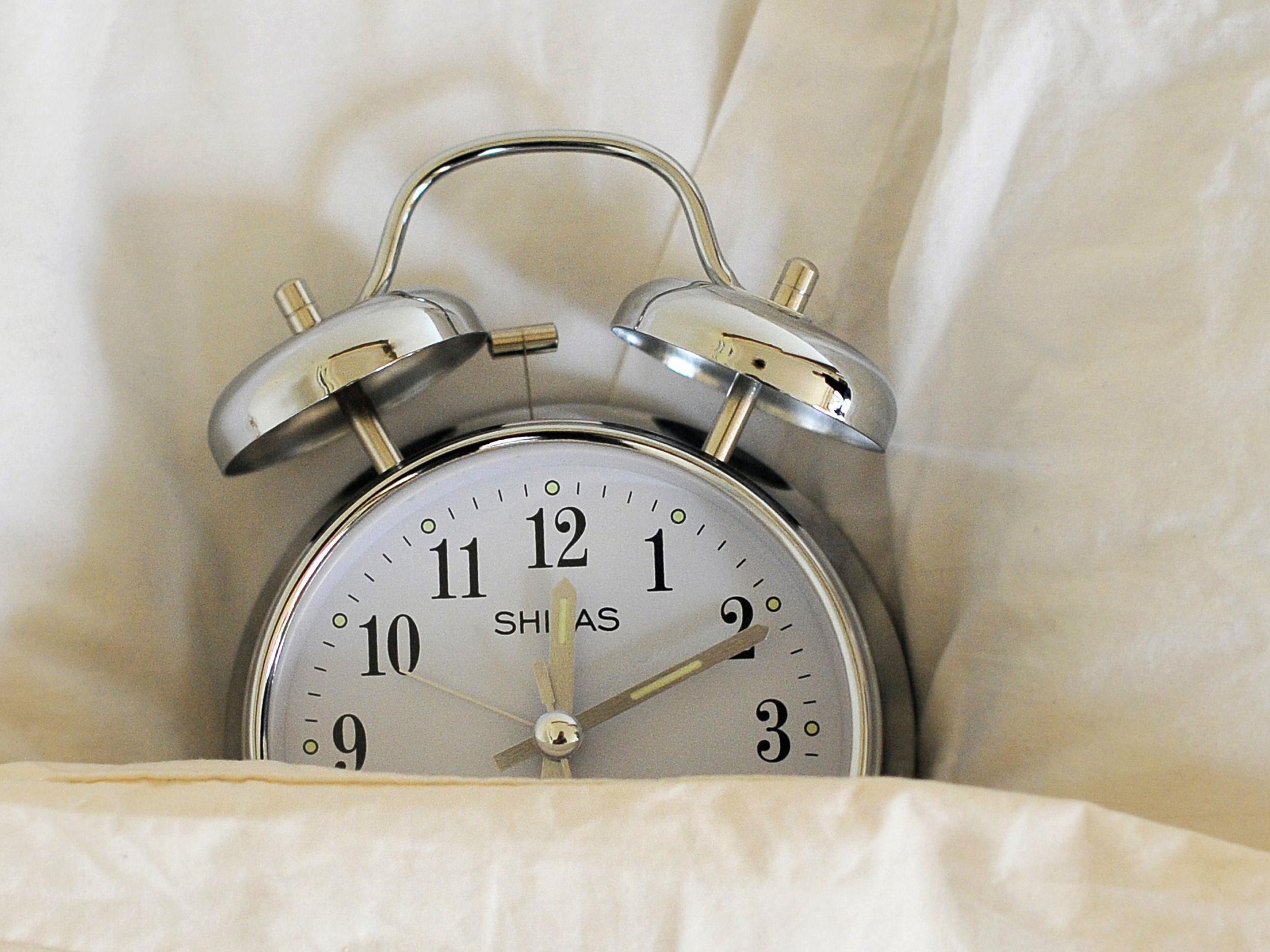An extra second is being added on to 2016
The leap second is to compensate for the slight slowing of the Earth’s rotation

Any pedants attending a New Year’s Eve party this winter should take note, as the countdown to 2017 will be one second longer than usual.
A ‘leap second’ will be added to the end of 2016 – which is already a leap year – to compensate for the slight slowing of the Earth’s rotation.
This has been decided by the International Earth Rotation and Reference Systems Service (IERS), the scientific body responsible for maintaining time standards across the globe.
The Earth’s slowing is a result of friction caused by the tides and the planet’s changing interaction with the moon, which is spinning away from the earth at a rate of 3.78cm a year.
The leap second system was initiated in 1972, when the world’s timekeepers decided to maintain two timescales, said Geoff Chester of the US Naval Observatory, which is part of the IERS.
“One was atomic time, based on atomic clocks, and the other was based on the observed rotation of the world itself,” he told the Independent.

This will be the 27th leap second to be added to clocks around the world since 1972. The last leap second was on 30 June 2015.
Mr Chester explained how the tides affect the speed of the earth’s rotation, resulting in the need for a leap second.
“The moon raises tides on the earth, and tidal bulges occur in the oceans. But because the earth spins faster than the moon goes round the earth, it pulls the tidal bulge away from the point that’s directly under the moon,” he said.
“The moon doesn’t like that, and says: ‘hey, that’s my tidal bulge’ and pulls back on it. The net effect of this is that it acts as a very slow braking mechanism.”
Other factors such as warmer, denser winters caused by the El Nino climate cycle can also affect the time it takes for the Earth to go full circle.
In 2012, Quantas airlines flights were delayed after the computerised airline reservation system was disrupted by the extra second added between Saturday 30 June and Sunday 1 July.
Websites such as Mozilla, Reddit, Gawker and LinkedIn also crashed as a result of the temporal bug, according to the Guardian.
Join our commenting forum
Join thought-provoking conversations, follow other Independent readers and see their replies
Comments
Bookmark popover
Removed from bookmarks